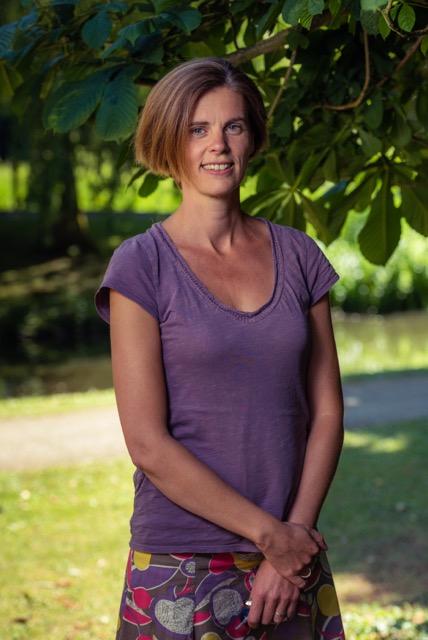Open Science and Applied Linguistics: Where are we, and where are we heading?
Emma Marsden, University of York
Abstract
Poor access to the process and product of research is increasingly worrying the public and researchers alike. To make research freely accessible to all, the Open Science movement embodies major shifts in research processes, from initial design, through peer review, to
In this talk, I will lay out the philosophical, social, and scientific rationales driving this movement, and survey the state of 'open play' in our field and related disciplines to address the question ‘how does the field of applied linguistics fare?’. I will focus on what we stand to gain by making our materials, procedures, data, and findings more accessible. I will review evidence illustrating how more open practices are needed to address a lack of methodological transparency, 'questionable research practices', concerns about instrument validity and reliability, low rates and quality of replication research (Marsden et al., 2018a), and weak interfaces with those outside academia (Marsden & Kasprowicz, 2017). I will describe and reflect on several open science initiatives being developed and used within applied linguistics, such as IRIS (Instruments for Research in Second Languages), OASIS (Open Accessible Summaries in Language Studies), the Centre for Open Science, pre-registered multi-site replication (Morgan-Short et al., 2018), and Registered Reports (Marsden et al., 2018b).
I will also describe key challenges surrounding open science practices, such as poor
The talk will close by suggesting ways of overcoming these concerns and proposing key steps to help the field move toward more open practices, including some immediate steps that individual researchers can undertake.
Biography
 Emma Marsden is Associate Professor in Second Language Education at the University of York. She began her career teaching English, French, and Spanish as foreign languages. Since 2000 she has undertaken research into the processing, learning, and teaching of grammar, in laboratory and classroom settings, with young and adult learners, using a wide range of methods. She is Associate Editor of Language Learning and co-author of Second Language Learning Theories.
Emma Marsden is Associate Professor in Second Language Education at the University of York. She began her career teaching English, French, and Spanish as foreign languages. Since 2000 she has undertaken research into the processing, learning, and teaching of grammar, in laboratory and classroom settings, with young and adult learners, using a wide range of methods. She is Associate Editor of Language Learning and co-author of Second Language Learning Theories.
Emma’s most notable contribution, in collaboration with many colleagues, is probably at the forefront of open science, helping to make research more transparent and replicable. Since 2011, she has directed the IRIS repository of materials for language learning research. Keen to improve access to research among educators, she and colleagues are also establishing OASIS, a sustainable database of openly accessible summaries of research, supported by journal editors and professional associations. Emma has also worked as an advisor on foreign language education policy and practice in the UK.
